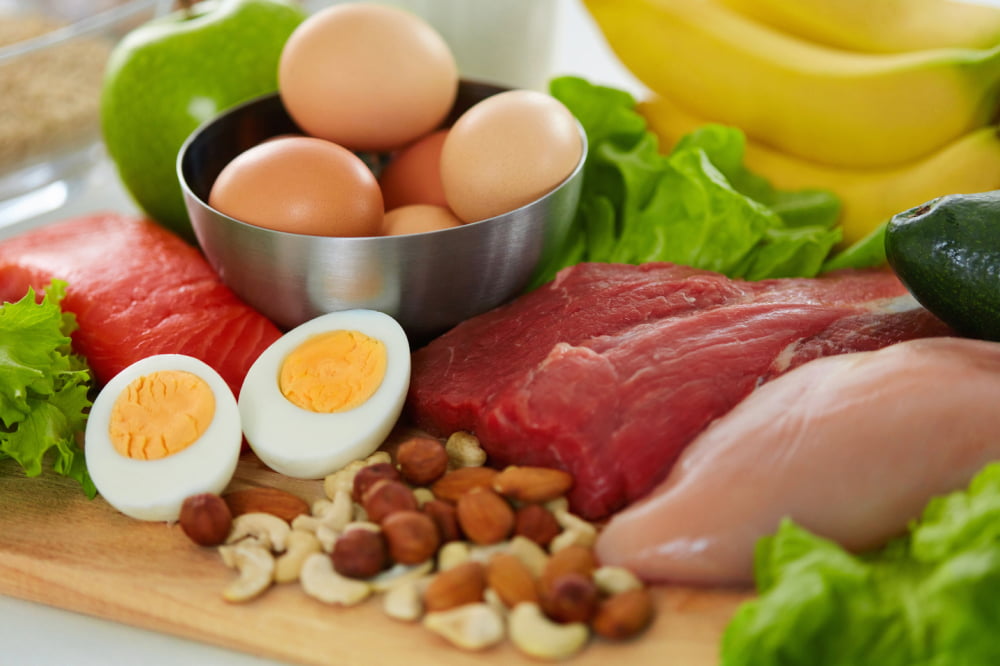
10 best foods to relieve constipation
Constipation affects about 16% of the country’s population and causes symptoms like passing stools less than three times per week and pain or discomfort during bowel movements. Other signs include loss of appetite, hard or lumpy stools, feeling blocked, and being unable to pass stools. Here, eating high-fiber foods and probiotics can help relieve the symptoms by softening stools and increasing bowel movement frequency. Below one can learn about the best foods to relieve constipation:
Yogurt
Yogurt contains probiotics, which are healthy bacteria that help improve gastrointestinal health and soften stools. Daily intake of probiotics such as yogurt, kefir, and sauerkraut can help with digestion and relieve constipation.
Olive and flaxseed oils
Olive oil and flaxseed oil may have a mild laxative effect, which can aid bowel movement, especially among those undergoing hemodialysis (blood filtering). They also contain compounds that aid in digestion, and their antioxidant, antibacterial, and anti-inflammatory properties can help improve overall health.
Apples
Apples are a rich source of fiber and pectin, making them one of the foods that relieve constipation. One medium-sized apple (with the skin on) contains about 4.8 grams of fiber. Further, the pectin content in apples may help alleviate constipation by increasing stool frequency and decreasing stool hardness and duration.
Prunes
Prunes are a rich source of fiber, sorbitol, and phenolic compounds. Together, they can help improve digestion and ease constipation. According to a study involving women over the age of 60, intake of prunes showed a significant reduction in the severity of constipation symptoms. As a complementary treatment, it is one of the best foods for constipation relief among the elderly.
Pears
Pears are also a rich source of fiber; one medium-sized pear contains about 5.5 grams of fiber. They are also a great source of sorbitol and fructose, which may have laxative properties. To make the most of these benefits, pears can be eaten raw or cooked and added to salads, savory dishes, or baked goods.
Broccoli
Fresh fruits and veggies are healthier alternatives to fried, processed foods that cause constipation. Here, vegetables such as broccoli are rich in insoluble fiber, which helps add bulk to the stools to relieve constipation. Broccoli also contains sulforaphane, which may help protect the gut and help with digestion. Sulforaphane can also help prevent the overgrowth of some microorganisms in the intestine that interfere with the digestive process. The best way to eat broccoli is raw or steamed for just two to three minutes to help preserve its nutritional value.
Kiwi
A 100-gram serving of kiwi contains about 3 grams of fiber on average. This fiber-rich fruit can help reduce symptoms of constipation. Additionally, kiwis contain actinidin, which can help with gastrointestinal problems such as indigestion, abdominal discomfort, pain, and reflux.
Wheat bran
According to a study, increased bran intake among children led to a significant improvement in bowel function in 86% of the participants. Gluten-rich foods are often a common cause of constipation. However, wheat bran, which is the hard outer layer of the wheat kernel, is rich in insoluble fiber that can help relieve constipation symptoms.
Water
Liquids such as water and clear soups add moisture to the stools, making them easier to pass. One of the leading causes of constipation is dehydration. Here, the lack of water in the body makes stools become hard, dry, lumpy, and difficult to pass. So, maintaining a healthy intake of water regularly can help reduce the risk and symptoms of constipation.
Citrus fruits
Citrus fruits, such as oranges, grapefruits, and mandarins, are a great source of vitamin C and fiber. On average, an orange contains roughly 3.7 grams of fiber, and a grapefruit contains about 5 grams. Additionally, citrus peels are also a rich source of pectin, which can help accelerate the movement of stool in the intestines to relieve constipation. They also contain a flavonol called naringenin, which preliminary studies suggest has laxative properties, helping provide relief from constipation.




